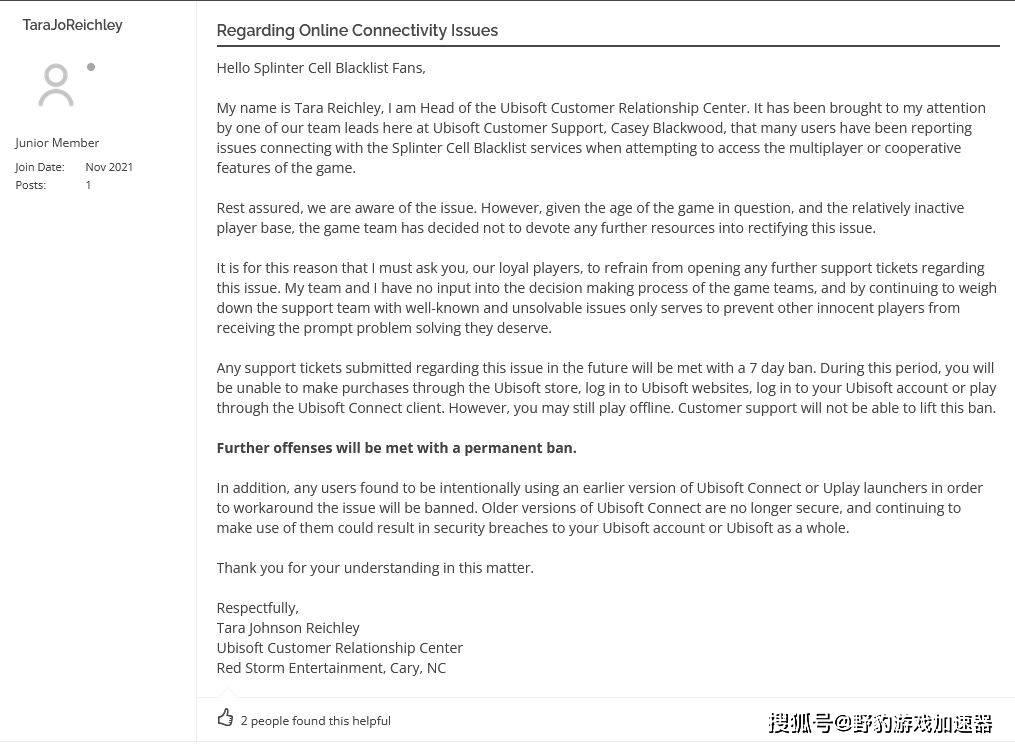www.makeuseof.com Are Your Online Posts Really Permanent?
People often use social media platforms to express ideas they later view as immature, embarrassing, or offensive. Some individuals have lost jobs or received negative media attention due to homophobic or racist comments made years ago via social media.
Such situations lead people to warn that social media posts and other online content become a permanent record. Is that true? Or can you really delete your online history?
The Myth of Internet Usage Privacy
Many people think what they do online stays private when using incognito mode or clearing their browser history after each internet session. Those actions remove an internet trail from a specific device. However, they don’t conceal activities from an Internet Service Provider (ISP).
In the United States, ISPs must retain customer browsing data for at least 90 days. That information also includes files people download. Plus, some states allow ISPs to sell the information to third parties. Using a Virtual Private Network (VPN) tool can shield your activity from ISPs.
However, people are still not in the clear even then. That’s because a browser automatically collects numerous pieces of information about a user.
For example, browsers gather details, including a person’s operating system and mouse movements. Browsers also get information about a person’s active social media logins as they use the internet.
These realities highlight why people should never assume what they do online stays private. That’s true regardless of whether they decide to use social media.
MAKEUSEOF VIDEO OF THE DAYPost Deletion Does Not Ensure Privacy
People frequently have second thoughts soon after posting things on social media. Maybe they felt extremely upset about something at the time, publicized their outrage, and later realized they overreacted. However, deleting the post is not a guaranteed way to avoid complications.
It only takes a second for a person to take a screenshot before a post gets deleted. There’s also a growing trend of using archive websites to spread misinformation and make it appear legitimate.
For example, Harvard researchers studied that issue during the COVID-19 pandemic. They found that people could evade content-screening measures on social media sites with help from URLs generated by archive sites. Internet archive sites are fascinating pieces of cultural history. However, this example shows how people can intentionally misuse them.
Providers Set Different Information Storage Rules
People are increasingly concerned about how companies handle their data. When American President Biden nominated Gary Gensler to head the Securities and Exchange Commission, activists recognized opportunities to broaden their outreach efforts and include social and environmental causes as well as corporate governance.
The public often wants to hold companies accountable for doing the right thing when protecting their data and otherwise. However, that’s not always so straightforward.
Deleting a post from social media or dragging cloud-stored files to the recycle bin doesn’t make them immediately vanish. That’s because the companies that keep customers’ social media posts and other data have various rules for handling it.
For example, Snapchat sets its servers to automatically delete all Snaps after each recipient sees them. And the servers delete unopened Snaps after 30 days.

Apple stores customers’ iCloud data while a person’s account remains active and does not retain deleted content after it gets cleared from Apple’s servers. However, the company fails to clarify when the deletion happens. Does it occur when a customer deletes data, or must Apple take further action on its end?
The specifics get even more complicated with Facebook. Mark Zuckerberg admitted during a Senate hearing that he could not give a timeframe for when the company deletes a user’s data if they stop using the site. The CEO cited complex systems creating difficulties that prevent getting rid of someone’s data quickly.
Plus, Facebook’s website mentions that the company delays deletion requests for a few days in case a person changes their mind and decides to keep using the site. It also confirms that some data always remains on Facebook’s servers, though without identifiers that link it back to a user.
Related: What Deactivating or Deleting Facebook Really Means for Privacy
Disabling vs. Deleting an Account or User Information
Some people may decide to disable their social media accounts instead of deleting them. That’s a common practice for individuals who want to take breaks but aren’t ready to commit to leaving certain sites behind.
For example, Instagram and Facebook users can hide all account information but keep it restorable. If Instagram users eventually decide to delete their accounts, they’ll only find that option by logging in through computer-based browsers. The app won’t show it.
Many state- or region-based privacy laws allow people to contact companies that hold data and request its deletion. However, the situation gets murky since some privacy policies require users to grant services access to their phone contacts.
In one case, a person contacted representatives from the Houseparty social app and asked them to delete his data. He did not use the app, but a friend who had his contact information did. That meant Houseparty should have had the data, although from an indirect source.
They repeatedly denied that and told him the company’s servers do not store complete contact logs. However, they conversely said the app could read those contact logs once a Houseparty user grants such permission. That example shows how getting rid of stored information is not always a simple process, even with privacy laws in place.
Using Legitimate Services to Get Consumer Details
Many social media users set their profiles to only show posts to friends. That decision may cut down on people taking screenshots or otherwise saving material the account owner would rather not publicize.
However, that still doesn’t keep internet users as private as they might think. Data resides in more places than they probably realize.
For example, the operators of public records sites often get their details from open government databases, such as census records or land-use records. Those online destinations typically show viewers some details, then encourage them to pay fees to unlock more information.
The sites can help people reconnect with friends after losing touch. However, they could also give scammers data used to impersonate a victim.
In other instances, people use web scrapers to build ever-growing databases of just-added online content. For instance, someone might create one to automatically grab new recipes their favorite chef uploads to a website each week.
However, marketers can also use them to gather data about potential customers in public-facing places, such as forums or Amazon review pages. Looking at someone’s Reddit history is a great example of how easy it is to get a relatively reliable picture of who they are and what matters to them.
These show how social media is only one of the many ways people can gather data about someone. With that in mind, people should try to avoid feeling paranoid about what other parties know about them and take some proactive measures instead.
How to Protect Your Privacy Online
People can safeguard their privacy in various ways.
A good starting point is to pause and reflect on the consequences of social media posts before publishing them. For example, our networks tend to have people with similar views. But could someone with a different opinion or background find the material offensive? If so, it’s best to reconsider posting it.
It’s also wise to read through privacy policies to determine a company’s server policies for storing data, how long they retain information, and how customers can request deletion according to applicable privacy laws. That takes time and effort. However, a tool called Polisis makes it easier by breaking down a privacy policy’s specifics and alerting people to red flags.
Another possibility is to use a search engine and web browser that makes privacy one of its central concerns. For example, DuckDuckGo does not gather or share users’ personal information.
Perspective on Post Permanence and Privacy
Internet content often persists for much longer than people think. Going through steps to delete it may eliminate most of it, but it’s not a foolproof solution.
That means the ideal action is to think carefully before publishing posts.
4 Ways Instagram Is Spying on You Right Now Read NextShareTweetShareEmail Related TopicsAbout The AuthorShannon Flynn(70 Articles Published)Shannon is a content creator located in Philly, PA. She has been writing in the tech field for about 5 years after graduating with a degree in IT. Shannon is the Managing Editor of ReHack Magazine and covers topics like cybersecurity, gaming, and business technology.
MoreFrom Shannon FlynnJoin our newsletter for tech tips, reviews, free ebooks, and exclusive deals!








